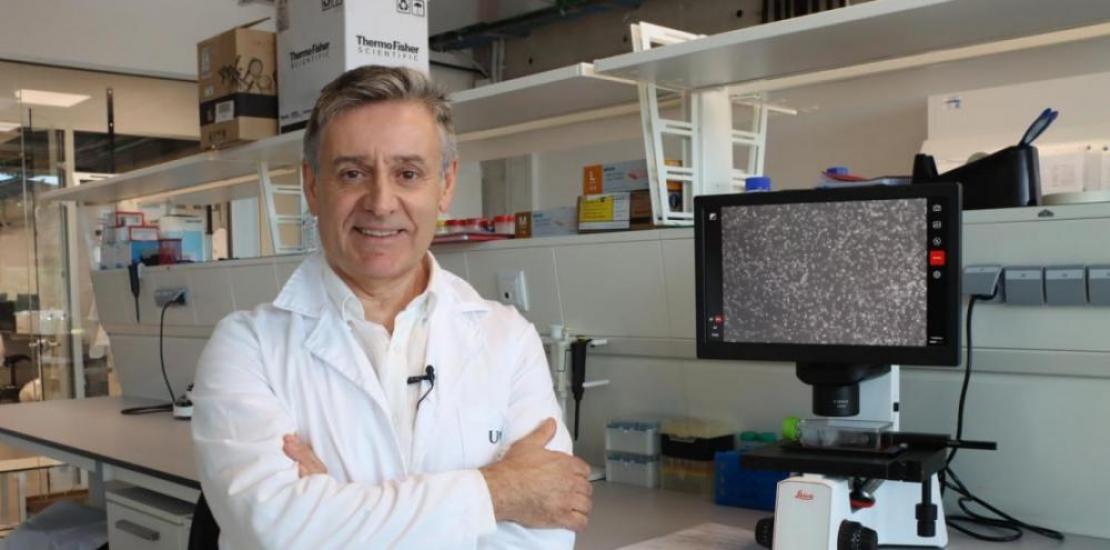Acne, alopecia or dermatitis, the target of probiotics
UCAM addresses these problems via its MiBioPath Research Group on Human Microbiota and Inflammatory Immunological and Infectious Systemic Pathology
Since its founding, UCAM has been committed to applied research, research that addresses society's challenges, mainly in the field of health, with several research groups such as the Human Microbiota and Inflammatory Immunological and Infectious Systemic Inflammatory Pathology MiBioPath. In addition, special mention should be made of UCAM training in this field, through the Faculties of Medicine, Nursing, Health Sciences and Pharmacy and Nutrition.
This research group, led by Dr Vicente Navarro, has been working in this field for years, developing new products that provide health benefits, treating diseases such as acne, atopic dermatitis and alopecia.
Q. What is the microbiota?
A. It is the set of micro-organisms that inhabit our body. In the last 10-12 years, using genomic sequencing techniques, we have learnt that the number of micro-organisms in the gut is a thousand times greater than previously known, with more than 50% of the total number of genes a person has coming from these micro-organisms. Understanding the microbiota is essential in order to know how certain diseases will evolve. For instance, we now know that the microbiota of a child with atopic dermatitis is not the same as that of a healthy child and, given this knowledge, we can act by modulating it.
More than a million people have already benefited from a probiotic for atopic dermatitis developed at UCAM
Q. And how do you do that?
A. Either through medicines or, as we do in our research group, by identifying other microorganisms, specifically probiotics, to use them and change the intestinal microbiota, thereby alleviating the disease. The aim is to meet the challenges posed by society and to eventually have probiotic products on the market that are used all over the world thanks to UCAM's initiative and its commitment to society.
‘We use natural products, which do not induce resistance and which could replace antibiotics in the future.’
Q. What is its applicability?
A. We have succeeded in developing products that are already being sold and prescribed to treat atopic dermatitis or psoriasis, and in the last six months we have launched a new probiotic to treat acne and another one for alopecia areata. Furthermore, we are also conducting a clinical trial in atopic dermatitis in children aged six months to three years in collaboration with a private company. More than one million people have benefited from a probiotic for atopic dermatitis that was marketed four years ago in Spain, and is now also available in Latin America, the US, some Asian countries and Europe. The societal value is huge due to the fact that we are using natural products, which do not induce resistance, have hardly any side effects and in many cases, such as with acne, will be able to replace the use of antibiotics in the future, once we confirm this in clinical trials.
Second university in the country in R&D agreements
The researchers of the '4U Alliance', composed by the Universidad Carlos III de Madrid, Universidad Autónoma de Madrid, Universidad Autónoma de Barcelona and Universidad Pompeu Fabra, who elaborate the IUNE Observatory, have concluded in their 2022 report that the Universidad Católica de Murcia is the second university in the country in R&D and consultancy agreements per one hundred professors. Results such as these reflect UCAM's commitment both to the creation and acquisition of infrastructures and to the recruitment and retention of talent in order to develop quality research transferable to society in general and to the productive fabric in particular.




